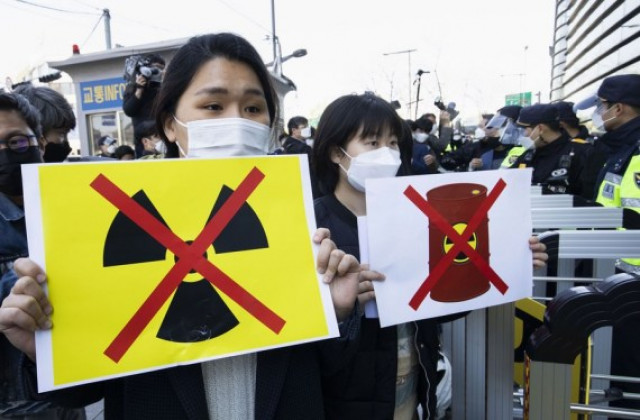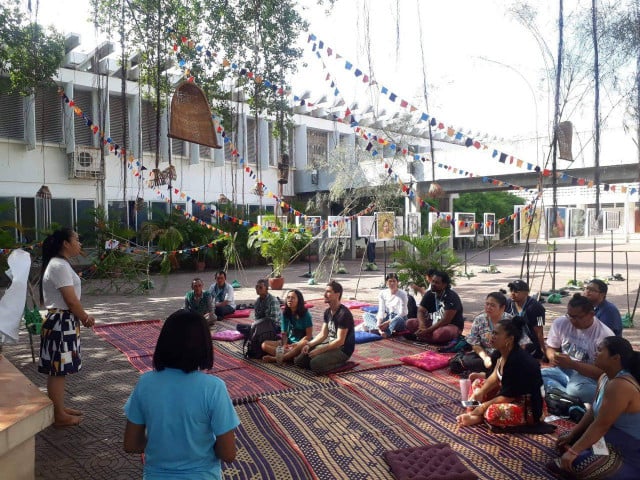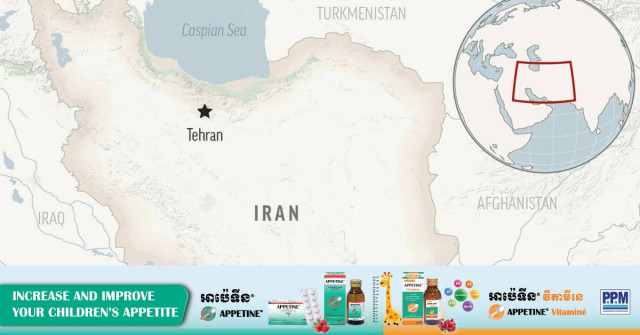IAEA reviews Japan's plan to dump radioactive water into Pacific

- By Xinhua News Agency
- February 19, 2022 11:02 AM
IAEA said in a press release that its task force, during the visit from Monday to Friday, held discussions with Japanese authorities, scrutinized technical data and sought clarifications to evaluate the water discharge plan's compliance with international safety standards.
VIENNA-- The International Atomic Energy Agency (IAEA) said on Friday that its experts had completed a five-day visit to Japan to conduct safety reviews of the country's contentious plan to discharge radioactive water from the crippled Fukushima Daiichi Nuclear Power Plant into the Pacific Ocean.
IAEA said in a press release that its task force, during the visit from Monday to Friday, held discussions with Japanese authorities, scrutinized technical data and sought clarifications to evaluate the water discharge plan's compliance with international safety standards.
The task force also visited and collected water samples from the Fukushima plant, which had its key cooling functions knocked out by a massive earthquake-triggered tsunami in 2011, causing multiple core meltdowns in what continues to be the worst nuclear catastrophe since the Chernobyl crisis in 1986.
IAEA said it would publish a report on this week's mission, with more details about specific technical issues, in about two months.

"We will be fully transparent and independent in our reviews and reporting," IAEA Director General Rafael Mariano Grossi was quoted by the press release as saying.
The task force comprises IAEA staff members and independent experts from countries including China, Russia, the United States and Britain, the agency said.
Much to the chagrin of the international community, Japan unilaterally decided in April 2021 that it plans to release radioactive water that has accumulated at the crisis-hit Fukushima plant into the Pacific Ocean. The toxic water, stored in tanks at the plant, is expected to soon reach capacity. The water contains radioactive tritium as it was used to cool down melted nuclear fuel at the plant.
The controversial plan is slated to begin in the spring of 2023, much to the consternation of local fisheries and the international community.
IAEA said it would carry out follow-up missions to Japan later this year and next year, and would release a comprehensive report before the water release starts.
















